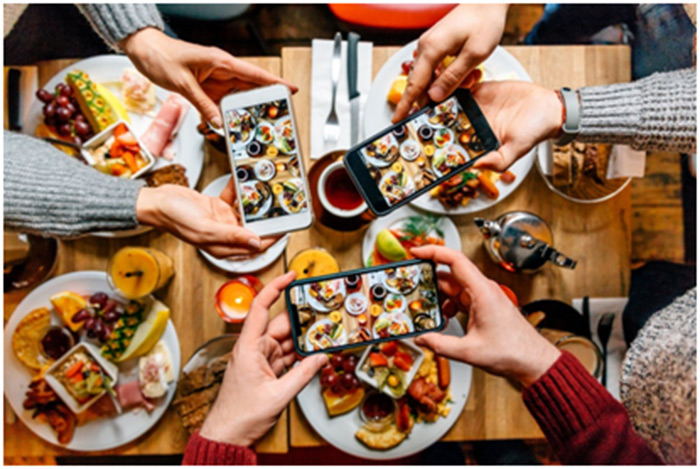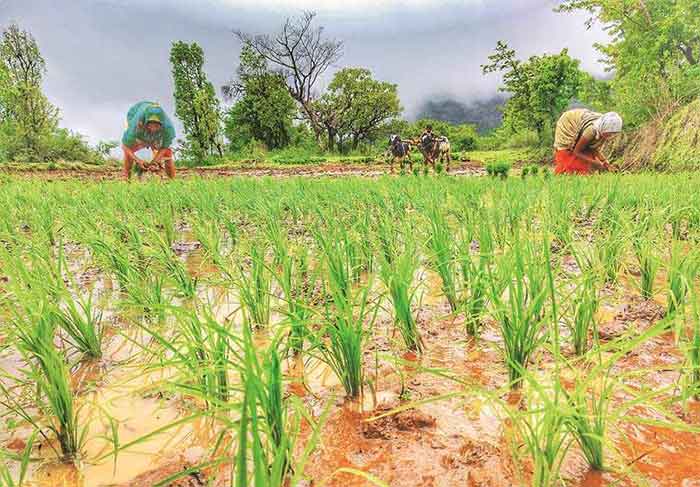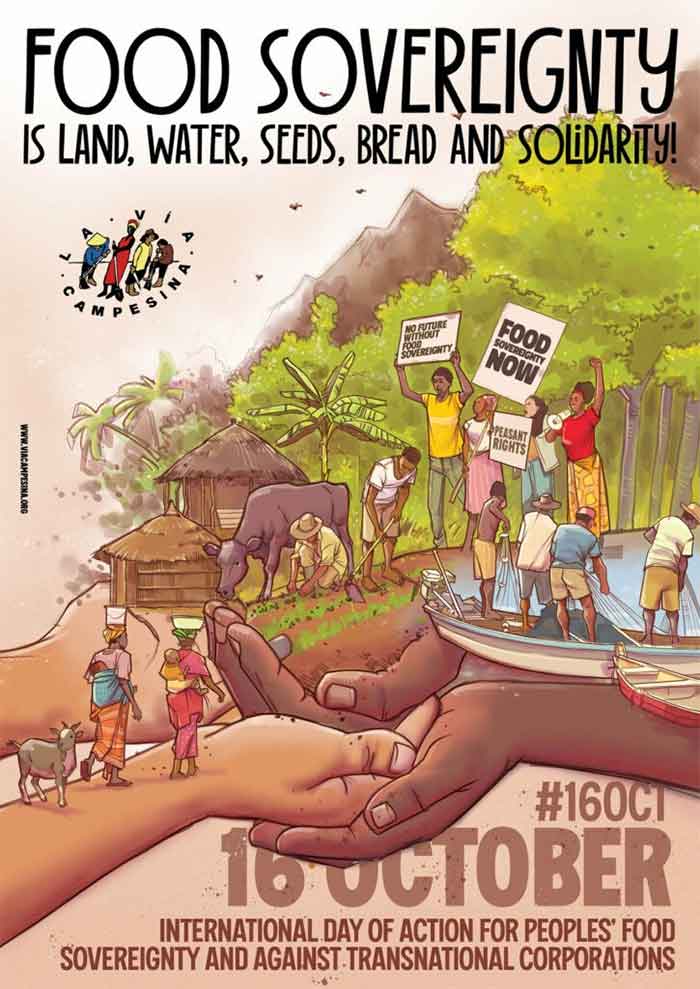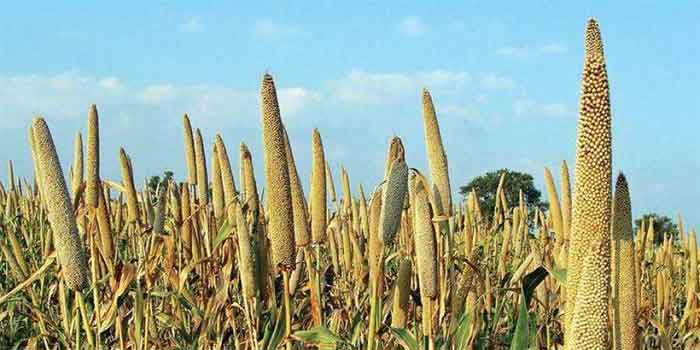
Eating food is not just a mechanical activity to fill our stomach. It has emotions, values, and beliefs shaped by our tradition, religion, and family associated with it.
While we travel, we are often tempted by restaurants that claim to be serving ‘homely’ food. In Delhi, there is a restaurant named ‘Mother’s Kitchen’ which attracts a good crowd on weekends. Whenever I go to Bangalore, I often get a good laugh when I see a restaurant named “Hotel Second Wife”. Many of us miss the food, which was served to us by our mother, wife, or any other loved ones at home with so much affection, care, and love. More than the taste, it is the call to indulge in such emotions which attracts people to these restaurants.
Food helps us to feel connected to our family, community, and fond memories of our socialization years. I make occasional visits to neighborhood south Indian restaurants to indulge in ethnic food, emotional escape, and nostalgia. They make special arrangements to serve exclusive festival food to people like me during Onam, Christmas, etc.
In our homes as well as in the communities where we are born, we are constantly reminded of several values and beliefs attached to food. When I was a child, my parents told me not to waste even a single grain of food. I was told that doing so is an unpardonable sin. They may have the pressure of saving food at a time when food was a scarcity due to local wars, draughts, pest attacks, and pestilence. I religiously follow this rule even today and passed this value on to my children through regular suggestions and disciplining at home.
It is customary to serve unlimited numbers of pappadams (a thin bread made with lentil flour) during ‘sadyas’ (festival lunches). Onam is an occasion when we as children used to look forward to having unlimited pappadams with our Onam Sadya. In a recent public sadya in Kerala, the guests started a riot when this customary practice of serving unlimited pappadams during a sadya was broken. People who rioted here strongly believed that such cultural practices should be followed without any interruption.
Food is also culture; food culture is defined as “the collective habits, rituals, beliefs, values, lifestyle, and practices around producing, procuring, and intaking food”. Food culture immensely influences and impacts our lives and lifestyles. It also shapes the way we live, feels, and interact with others. Food culture also defines our identity as we refer to ourselves as ‘vegetarians’, ‘non-vegetarians’ etc.
Beliefs and practices about food are so deeply instilled in the minds of some people that they may feel they have committed an unpardonable sin if they violate food rules that were taught to them during their childhood years. An incident was reported recently from Gujarat in which someone who has eaten beef by mistake committed suicide later due to his feeling of committing a sin against his family traditions and religion. A schoolteacher in Haryana recently lost her job for accidentally sharing meat from her tiffin box with her vegetarian colleagues. In many schools in Delhi, students are instructed not to bring meat to the school in their tiffin boxes.
Unfortunately, food is used as a political weapon by those who want to discourage cultural diversity including food diversity. No one has the privilege or disadvantage to feel and say that their culture is superior or inferior to somebody else’s culture. Doing so is nothing but ethnocentrism which is a feeling that someone’s culture is superior to others’ culture, which is an anti-social attitude.
A recent viral video from the US on social media shows a non-vegetarian man (named Tejinder Singh) abusing a vegetarian man for eating only ‘grass’ and not eating beef. No one has the right to order or force others to eat or not to eat any food – whether it is vegetarian or non-vegetarian.
In fact, the classification of vegetarian and nonvegetarian food is an Indian origin usage which comes from the notion that ‘vegetarian’ food is the center of the food chain which is not actually the case. Perhaps it could be a Brahmanical language as Brahmins believed and practiced vegetarianism. If we go to parts of southeast Asia, people there ask Indians whether they want ‘Hindu food’ which they use as a pseudonym for vegetarian food. In the west, the classification of food is based on meat, and they refer to people as meat eaters and non-meat eaters.
India has so much diversity in food culture and the food culture of the country changes every 200 to 300 kilometers. Even practices in various Hindu temples and practices by different caste groups in the Hindu religion differ in food habits. Vegetarianism cannot be considered a standard practice across all the diverse Hindu groups in India. For example, devotees who come to the Parassinikadavu temple in Kerala offer grilled dry fish and meat, to their deity called Muthappan as an offering. Muthappan is believed to be an incarnation of Lord Shiva and Lord Vishnu.
In brief, dictating whether people eat or not to eat a particular food is an emotional and cultural issue. Politics based on food fundamentalism and criminalizing certain food habits will backfire on those who engineer such politics.
Kandathil Sebastian is an author and social scientist based in Delhi

















































